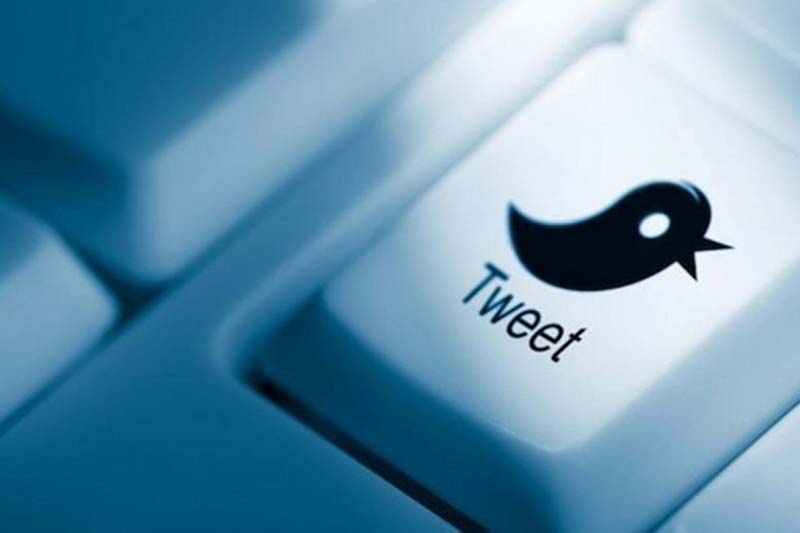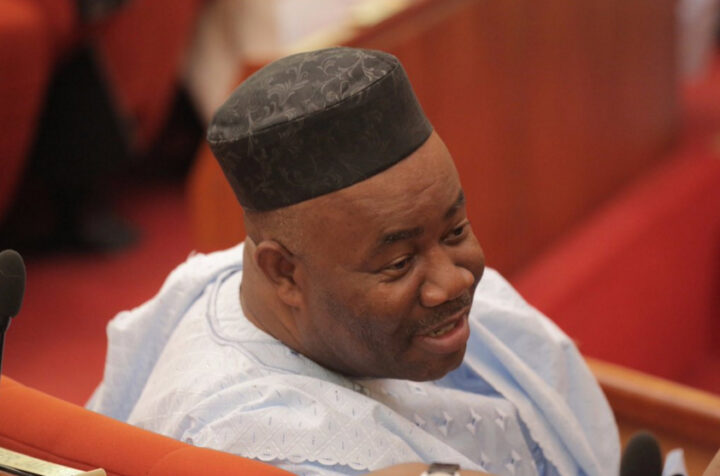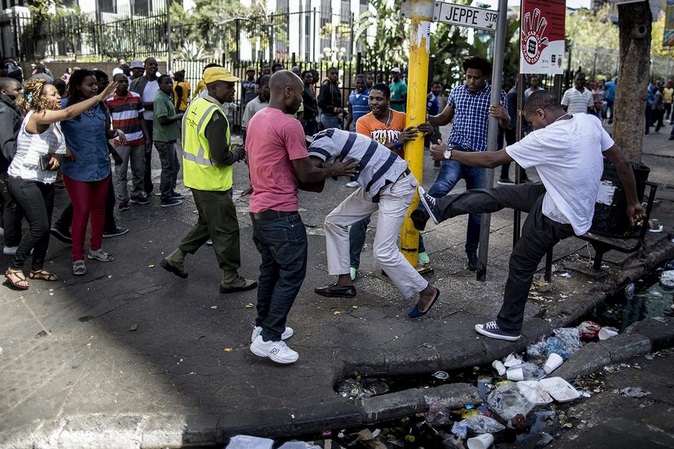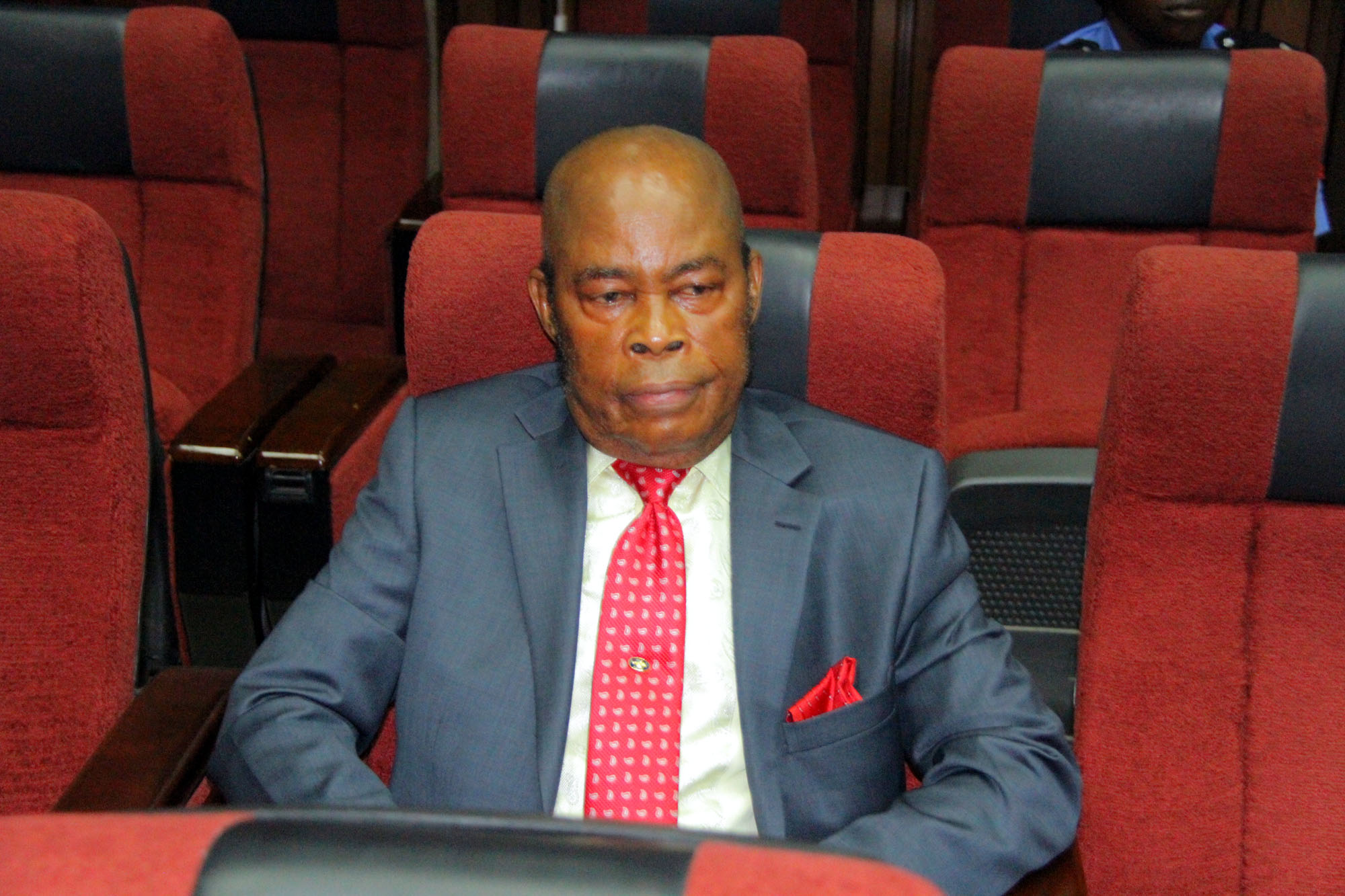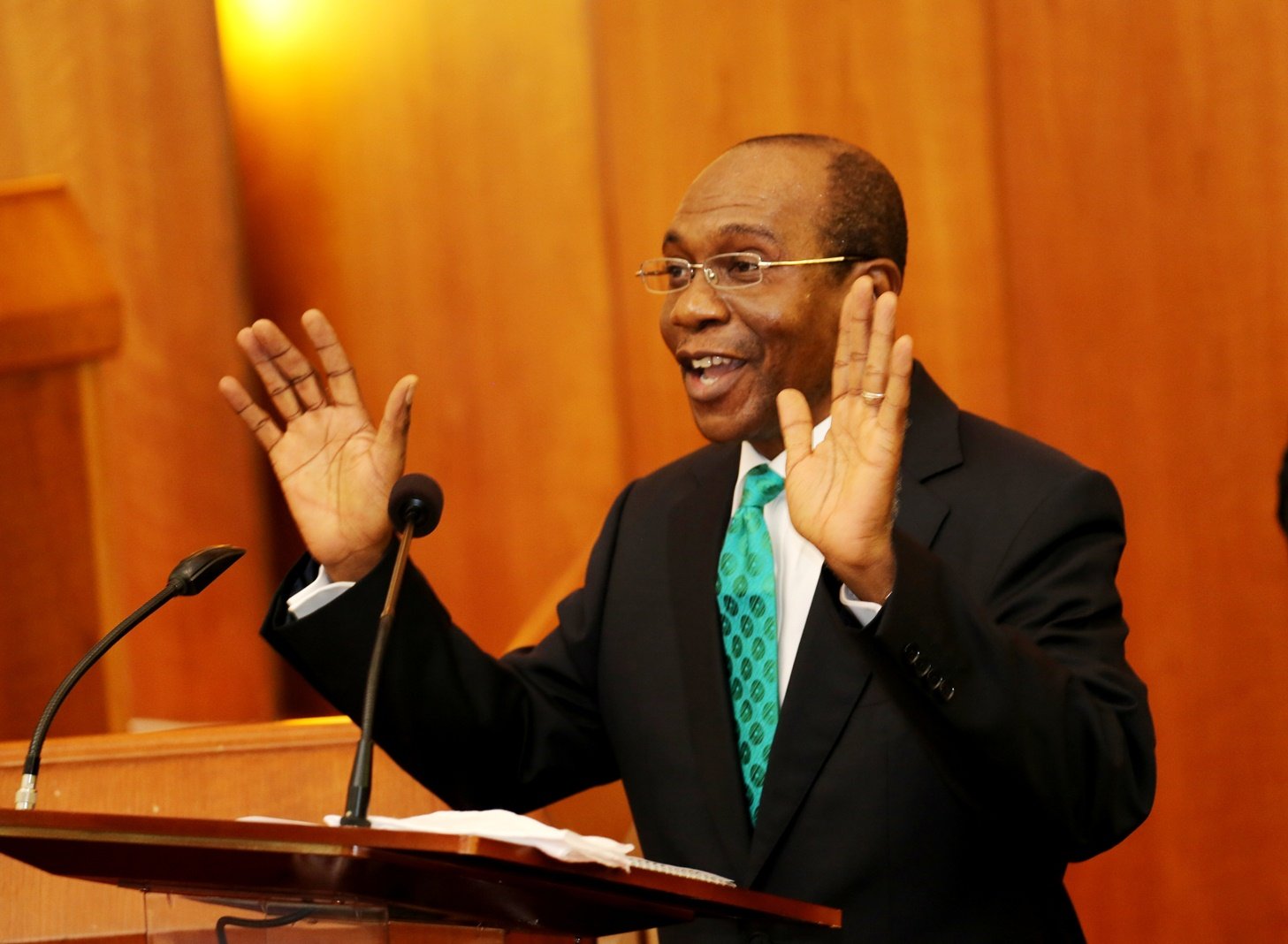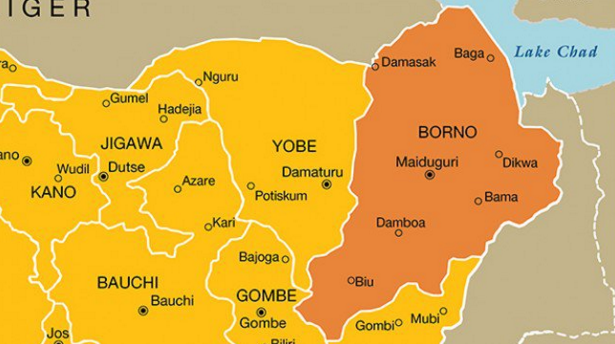The recent arrest of Audu Maikori, the Chocolate City boss, has thrown up many issues. Audu’s case brings to the fore the limitations of free speech and the liability of social media users.
Mr. Maikori’s ordeal despite retrieving his story on Southern Kaduna – which turned out be false – and subsequently apologizing should serve as a lesson to all social media users.
It has been established that when individuals post materials on social media, they act as publishers and, thus, could be sued for making false statements or defamatory comments.
In the UK, for example, a ‘retweeter’ of a false story isn’t immune from legal actions. In essence, the caveat that a false or an inciting story was “copied” isn’t an excuse, in the eyes of the law, in the UK. A ‘retweeter’, who has republished a fake story, is liable.
Advertisement
This UK law is enforced by some overzealous law enforcement agents in Nigeria. And it is extremely difficult to argue against it, considering the fact that many mainstream newspapers had reported tweets, which were false, just because they were retweeted by celebrities. In many cases, these retweets caused a lot of damage before they were found to be false.
Apparently, this explained why, in January, Jerry Edoho of Ibom National Newspaper was arrested, after Dana Air petitioned, when he wrote on Facebook: ‘’Rumor via social media (Facebook) has it that Dana Air en-route Abj-Lag with 153 passengers crashed killing all on board. Please could someone help verify the authenticity of this shocking report? Below is the pix from the scene as uploaded on my wall.”
But the US has different laws for those who have liked or retweeted a fake or defamatory story. US laws do not treat the user of an interactive computer service as the publisher. So, if you have liked or retweeted a libelous or fake story, in the US, you are protected.
Advertisement
But a publisher of a false story doesn’t get off the hook by merely deleting it and offering an apology in the US. However, the amount of damages sought could be reduced when a publisher deletes a fake and libelous story.
Things are a bit different in Nigeria. The Cyber Crime Act specifies a 5-year jail term or a fine of N10,000,000 when a person intentionally disseminates, using a computer, insulting or inciting statements.
A section of this act was recently used in arresting the blogger, Abu Sadiq. His crime? Cyberstalking.
There are a couple of instances where the Cyber Crime Act and its variants have been invoked. For instance, sometime in 2015, when Ojo Emmanuel wrote on Facebook that the wife of Ogun State governor was arrested in the UK for money laundering, he was charged to court. (It is not clear if Ojo has enough evidence to substantiate his claim.) Mr. Curtis Ugbo suffered the same fate when his post on Oshiomhole was deemed to be inciting.
Advertisement
However, social media users are protected when they give opinions. Since opinions cannot be falsifiable, someone who has given an opinion cannot be sued for defamation. Such an opinion could be uninformed but cannot amount to libel in many jurisdictions. And the argument about free speech suffices.
It is important that social media users are made to understand the law governing libel and defamation. More importantly, it is important that a social media user checks out the credibility of a newspaper before retweeting its story. (Not all newspapers take pains like TheCable.ng to verify news before publishing.)
Meanwhile, it is heartwarming to hear that Maikori has been released. The lessons learned should be enough for all social media influencers.
Advertisement
Add a comment

